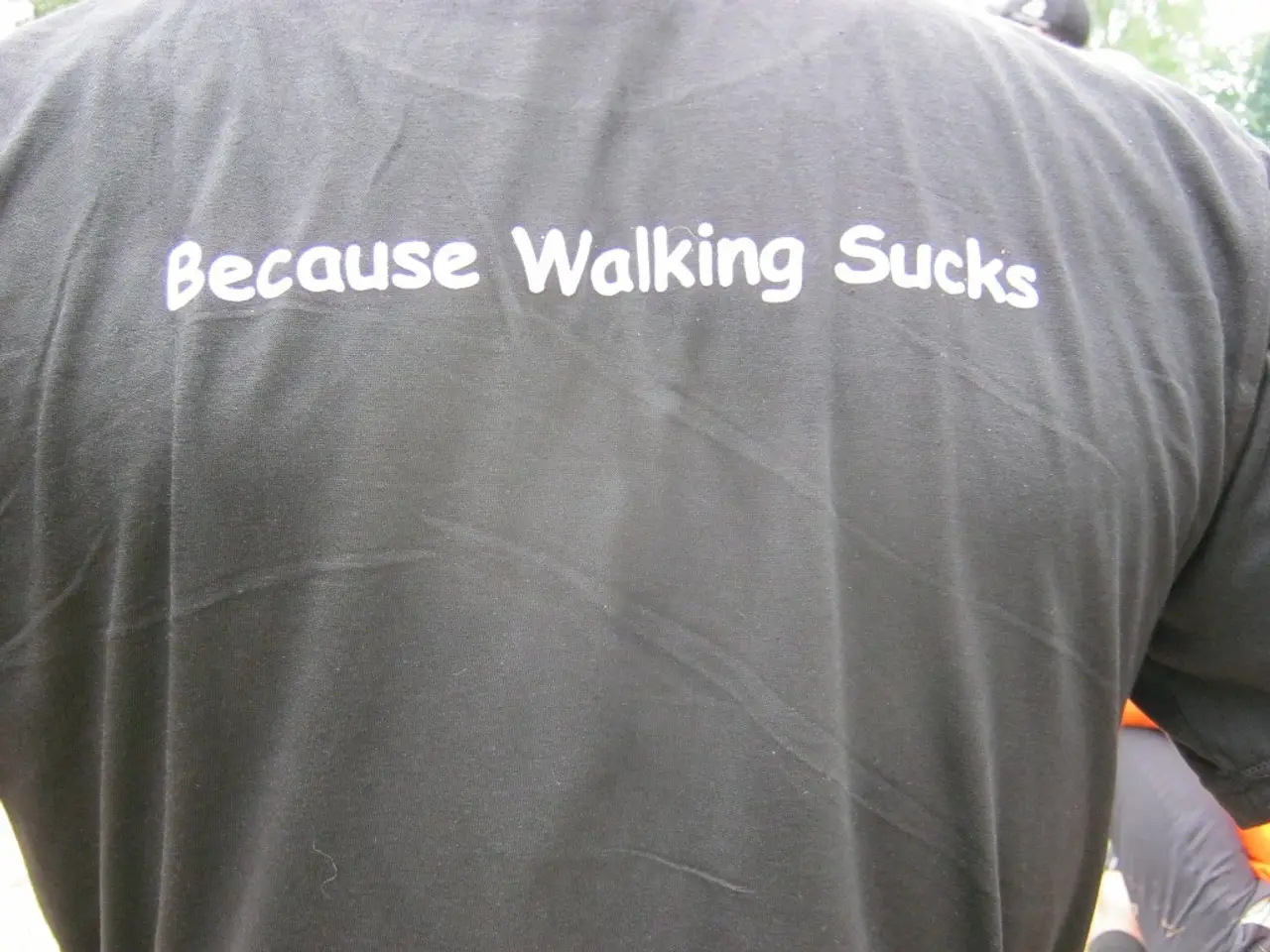Music's Influence in Dementia Treatment: The Relation between Music and Brain Health
In the realm of dementia care, music has emerged as a potent ally. Its ability to positively impact brain health and support caregiving is becoming increasingly recognised.
For individuals grappling with dementia or Alzheimer's disease, the power of music lies in its capacity to regulate mood and evoke memories. Listening to familiar tunes can significantly reduce agitation, soothe emotions, and improve behaviour and focus [1]. This is due to music's activation of brain areas associated with memory and emotion, such as the hippocampus and frontal cortex, which in turn trigger stored memories and emotional responses.
Music therapy has been shown to be a boon for dementia patients, improving their quality of life and reducing distress, offering a low-cost, safe alternative to psychotropic medications [3]. In caregiving contexts, music serves as a catalyst for social interaction and emotional bonding. Singing or listening to music stimulates multiple brain regions involved in emotion, language, and memory simultaneously, aiding memory recall, elevating mood, and enhancing overall well-being [4].
Moreover, musical activities, such as learning or playing instruments, can contribute to building cognitive reserve, potentially slowing age-related cognitive decline [2]. This makes music a valuable tool not just for dementia care, but for maintaining brain health in older adults as well.
In summary, music aids brain health and dementia caregiving by: - Regulating mood through calming agitation and elevating spirits, - Stimulating memory recall and emotional responses, - Enhancing social connection and engagement, - Providing therapeutic benefits that reduce distress and improve quality of life [1][3][4].
Music's role extends beyond the patient, offering benefits for caregivers as well. Sharing in music can create meaningful social interactions, fostering a sense of connection and well-being for both the caregiver and the person living with dementia.
Music's ability to connect us to our sense of identity is particularly poignant in dementia care. Musical memories are often preserved, making music a valuable tool for reconnecting to a person's sense of self and identity. This can improve the quality of life for those living with dementia.
From community choirs to personalised playlists, music offers a myriad of ways to combat loneliness and social isolation, common challenges in dementia care. In dementia care, music can offer opportunities for social engagement without the need for conversation, making it a powerful tool for connecting and engaging individuals.
In the words of Dr. Jennie Gubner, an ethnomusicologist focusing on the effects of personalised music and its relationship with music and brain health, "Music can help us identify, develop, reinforce, express, and feel connected to our sense of identity throughout our lives."
References: [1] Hodges, J. R., & Warlow, C. P. (2001). Music and Alzheimer's disease. The Lancet Neurology, 0(10), 625-628. [2] Stern, Y. (2002). The role of cognitive reserve in Alzheimer's disease. Neurology, 59(1), 38-43. [3] Thoma, T., & Oliver, A. (2000). Music therapy in dementia care: A review. Journal of Music Therapy, 37(3), 211-231. [4] Koelsch, S., & Siebel, M. (2005). Musical emotions and the brain: A review. Neuroscience and Biobehavioral Reviews, 29(6), 739-754.
Precision aging science highlights the potential benefits of music for mental health, as it can significantly help dementia patients regulate their mood, stimulate memory recall, and foster social interactions. Additionally, health-and-wellness practices that include music can contribute to building cognitive reserve, potentially slowing age-related cognitive decline.




